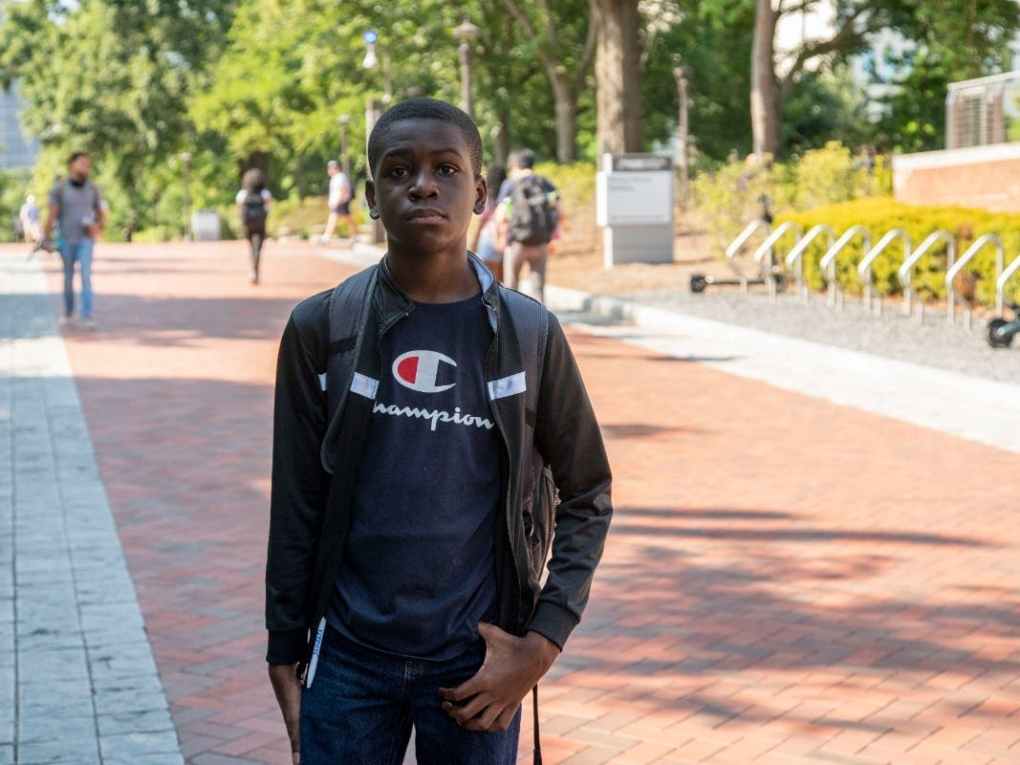Dr. Kendra Orr’s passion for education and global understanding fueled the creation of The Jacovitz Learning Group.
Her unique approach, honed through years of experience, empowers students to not only excel academically but also develop essential life skills.
A Spark Ignited Abroad
Dr. Orr’s journey began during a European adventure where she delved into cross-cultural communication. This experience, coupled with her mother’s guidance in comprehending all aspects of English Literature, ignited a fire within her.
Dr. Orr’s teaching style seamlessly integrates history, linguistics, and economics, bringing global events to life for her students. Witnessing their increased desire to learn solidified her passion for innovative education.
Unveiling the Magic Formula for Success
Years later, Dr. Orr’s innovative approach to the SAT transformed student performance. By deconstructing the test and teaching it in digestible units, she empowered students to think critically and strategically. The results were astounding, with scores soaring by 200 to 400 points. This success story fueled Dr. Orr’s dedication to creating effective learning materials, ultimately helping students achieve exceptional results in each section of the SAT.
Beyond the Textbook: Embracing STEM
Dr. Orr’s commitment extends beyond traditional subjects. Her belief in the fundamental role of STEM (Science, Technology, Engineering, and Math) is evident in her teaching philosophy. She emphasizes the interconnectedness of these disciplines, highlighting how seemingly disparate subjects like literature and biology are intricately linked. For instance, she integrates medical technician skills into biology lessons, demonstrating the real-world applications of scientific knowledge.
A Team of Experts Dedicated to Your Success
The Jacovitz Learning Group recognizes that exceptional teachers are the backbone of successful learning. Tutors must demonstrate exceptional mastery of their subjects, scoring within 150 points of a perfect score on the standardized tests they teach. Furthermore, they possess a global perspective, fluently speaking and reading a language other than English. This commitment to a well-rounded faculty ensures students receive the highest quality education.
Standing Out from the Crowd: A Competitive Edge
In today’s digital world, The Jacovitz Learning Group thrives by offering a unique online platform brimming with informative lessons across various subjects. This focus on comprehensive online resources sets them apart from the competition. Delve deeper into the fascinating world of language by exploring the etymological connections between French, German, Latin, and Spanish [Jacovitz Learning].
Learning to Thrive: Beyond Academics
The Jacovitz Learning Group acknowledges the importance of well-being for academic success. Situated near the idyllic Fort Lauderdale Beach, they incorporate nature walks and mindfulness practices into their curriculum, equipping students with effective stress-management techniques for life beyond the classroom.
Financial Literacy: Building a Secure Future
Understanding the complexities of the modern workplace is crucial for future success. The Jacovitz Learning Group recognizes this and partners with financial experts to equip students with the knowledge and skills necessary for financial security. They teach self-financing strategies and even connect students with a former student who is launching their own brand, fostering a spirit of entrepreneurship.
A Vision for the Future: Expanding Horizons
The Jacovitz Learning Group is poised for continued growth. Their vision for the future includes a full-fledged media channel catering to young children, teenagers, and young adults. Additionally, they have launched classes in teacher certification, signifying their dedication to empowering educators and transforming the learning landscape.
Ready to Unlock Your Potential?
Explore the vast array of educational resources offered by The Jacovitz Learning Group:
- Animal Elementary
- Jacovitz Learning’s SAT Preparation #1
- Jacovitz Learning’s SAT Preparation #2
- Jacovitz Learning’s Teach the Alphabet
- Le Zonbi
























































